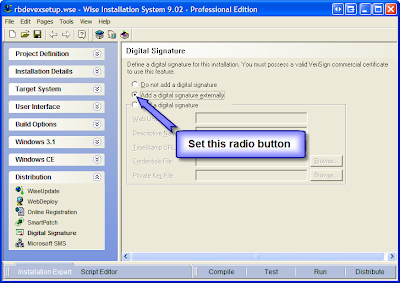While at DevConnections, I ran into a former co-worker, Dave Esposito. Late one evening, we tossing back a few beverages and it turned out that 20+ years ago, we hung out on different edges of music scene in Albany. I tossed out a few names of some musicians and it turned out that we both knew Billy Harrigan.
I mentioned that Bill always detested me and what I did to his dog didn't help. It turned out that Dave had heard that story but never knew that I was involved. It's a fun story to share and n0 animals were harmed. I briefly mentioned it once before, I think it's time to share the full story.
It's time to set the Wayback machine to 1983. I was spending my free time hanging out with Jack Nemier. Jack and his then fiance (and now wife) Judy were renting this tiny, one bedroom cottage in Colonie. Jack had just joined the band "Operation Pluto" and the band rehearsed at Jack's house.
Operation Pluto consisted of the late Billy Harrigan, Richard Fuller, and Jack. At best, Bill and Richard tolerated me. Since it was Jack's house, they had to put up with me.
Bill and his wife had a dog and a cat and one fine summer day, Bill dropped them off at Jack's house. Bill's landlord wouldn't let him have pets so the animals had to go. He asked Jack if they could stay there for a while, while Bill worked on convincing his landlord to let him have the pets. Jack really didn't want someone else's animals, but he felt that he couldn't say no.
The dog was named "Zero" and was one of those little yappy dogs. More enthusiasm than brains, if you know what I mean. Jack pretty much ignored Zero and the cat, so Zero looked to me for attention. At that point in time, I had no experience whatsoever with dogs, but I played with the dog and he got used to me. Jack wasn't terribly diligent about feeding the dog or the cat, so I ended up doing it a good portion of the time.
By the time fall came around, Jack wanted the pets gone. Bill didn't appear to be any particular hurry to retrieve his pets. And I, not knowing anything about dog training, decided to see if I could teach Zero a trick.
Since Zero was always hungry, it turns out that he was quite amenable to learning new tricks, especially if food was involved. I had discovered the basic rule of dog training, food.
After a remarkably short amount of time and dog biscuits, I had taught Zero to jump out the living room window on command. The windows didn't have any screens and the season was warm enough that the windows were usually open. The living room window was above a couch, and he would use the couch as a launch pad. A similar command would launch the hapless mutt back in through the window.
Zero was just big enough to reach the window sill from outside the house. It was the funniest thing that we had seen in a long while. Zero had lots of fun doing this trick and he basked in the attention it brought to him.
The next time Bill came over to the house for band rehearsal, I was already there. He came in and the first thing he said was "Where's Zero?" Zero was outside in the yard playing. I innocently said, "I'll get him" and then yelled "Zero! In!". About 5 seconds later, the dog comes flying in through the window.
Bill was stunned and more than just slightly pissed off at me. He said "What just happened?" I replied, "We've been teaching Zero new tricks. Zero! Out!". The dog ran to the couch and jumped out the window. I then had Zero jump back in once more, so Bill could appreciate the sound of the dog's claws scrambling against the side of house as he jumped up to the window and pulled himself back in. Needless to say, Bill took Zero and the cat home with him that day.
Bill left this mortal coil back in 2001, but the MySpace link attached to his name up above (and here) has some of his music recorded as "New Shiny Things" and as "Operation Pluto".


